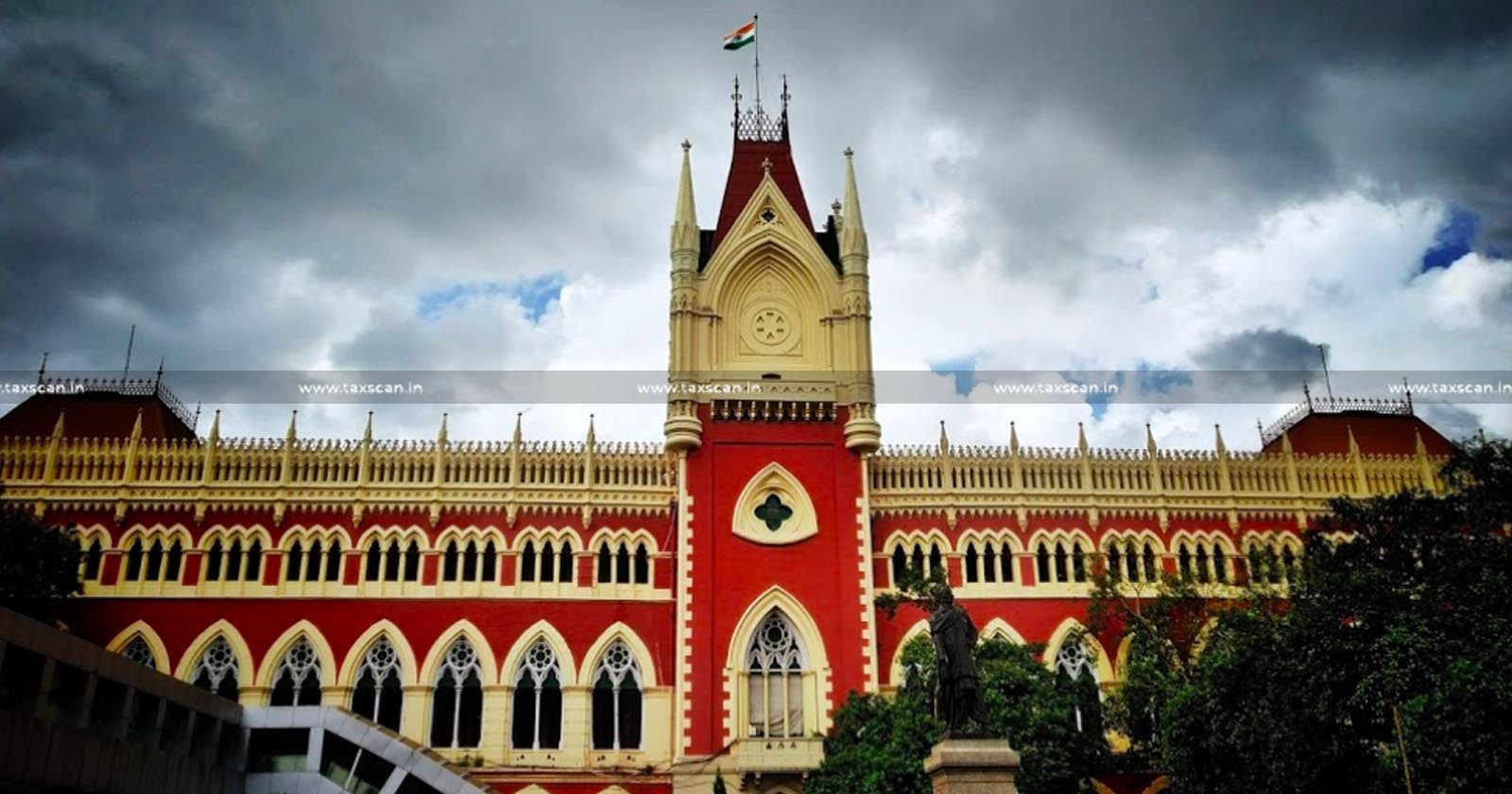Calcutta High Court Dismisses Writ Petition for GST Recovery Delay, Cites Lack of Direct Challenge to Appellate Order [Read Order]
The court noted that while the petitioner’s right to appeal under Section 112 remains intact, interim relief could not be granted merely due to the tribunal's absence

Calcutta High Court – Calcutta HC – Writ Petition – GST Recovery – GST Recovery Delay – Lack of Direct Challenge – Appellate Order – TAXSCAN
Calcutta High Court – Calcutta HC – Writ Petition – GST Recovery – GST Recovery Delay – Lack of Direct Challenge – Appellate Order – TAXSCAN
In the concerning case, the High Court Of Calcutta,ruling it not maintainable as it did not directly challenge the appellate order. The court refused interim relief due to the tribunal's non-constitution and advised the petitioner to seek remedies through statutory channels once the tribunal is formed.
Anis Patel, the petitioner-assessee, requested to delay the recovery of the Goods and Service Tax (GST) demand for April 2021 to March 2022, arguing that the appellate tribunal, which should hear their challenge to the order dated April 19, 2024, was not yet constituted under Section 112 of the West Bengal Goods And Service Tax/ Central Goods and Service Tax(WBGST/CGST) Act, 2017.
Mr.Ray, the Government pleader,argued that the writ petition is not maintainable because the petitioner has not addressed any adjudicated rights or claimed an infringement. He contended that interim relief is not possible without first challenging the appellate authority's order.
Get a Copy of Supreme Court Judgements on GST, Click here
The court, after hearing both sides, stated that the main issue is whether it can issue a writ of prohibition to provide relief to the petitioner, even though the petitioner has not challenged the orders they allege were passed erroneously.
The court noted that the petitioner challenged the penalty determination from Form GST DRC-07 in an appeal under Section 107, which resulted in a modified penalty on 19th April, 2024. The petitioner claims this modification is erroneous and disputes the penalty, but has not challenged the appellate authority’s order in the writ petition. Although the petitioner has a statutory remedy under Section 112, the appellate tribunal has not yet been constituted.
It was observed that the petitioner’s right to appeal under Section 112 of the Act remains intact until the tribunal is constituted. Mr. Bhattacharyya,the petitioner counsel has argued, citing the Notification and the Bombay High Court case Rochem India Pvt. Ltd., that the orders appealable to the tribunal should not be enforced until the time to file an appeal expires.
Get a Copy of Supreme Court Judgements on GST, Click here
The bench contended that in Rochem India Pvt. Ltd. case that the relief granted by the Bombay High Court was in the context of a writ petition challenging an appellate order. However, in the present case, there is no challenge to the appellate order itself.
It was noted that, with regard to the issue of maintaining a writ of prohibition, the Supreme Court case of S. Govinda Menon emphasizes that such a writ is employed to prevent courts or tribunals from acting beyond their jurisdiction or overstepping their bounds. It serves mainly for supervisory purposes and does not address errors of law unless they reflect a lack of jurisdiction.
Additionally, it was contended that, despite the petitioner’s right to appeal being intact, the non-constitution of the tribunal has prevented the appeal. It considered whether interim relief could be granted. Referring to the State of Orissa case, the court noted that if no other adequate remedy is available, it may investigate the case on its merits to determine if the petitioner has a valid claim for relief.
Get a Copy of Supreme Court Judgements on GST, Click here
The court stated that even though the petitioner’s counsel cited India Tyre & Rubber Company and Jai Venktesh Concast to show stays on recovery proceedings, those cases involved conditions like partial payment, which are not applicable here.The cited cases involved interim relief while examining rights, but they do not support indefinitely deferring recovery proceedings until the tribunal is formed.
A single bench of Justice Raja Basu Chowdhury contended that, since the petitioner did not address their rights, the writ petition was dismissed without costs.
To Read the full text of the Order CLICK HERE
Support our journalism by subscribing to Taxscan premium. Follow us on Telegram for quick updates


